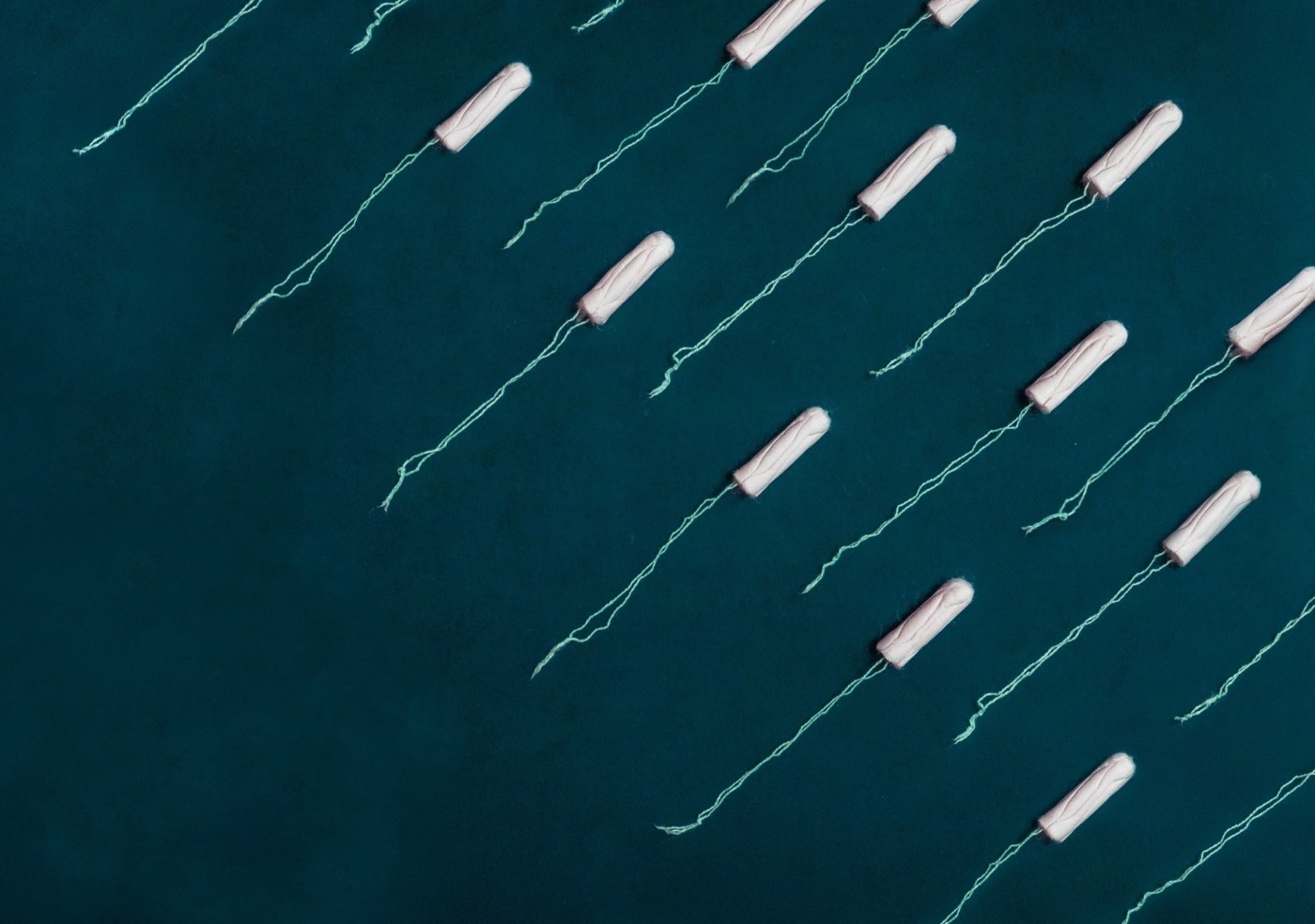Period poverty: we’ve been short changed
Girls, we’ve all been there. You’re rushing around from one place to the next and suddenly you have a dreaded realisation. It’s happened. Your period has arrived, with no warning. The red sea is gathering and now is a bad time to discover that you’re out of emergency tampons.
The panic, the sheer fear, that ensues can be felt by even the most level-headed students. But it’s not always because they’ve been caught by surprise. Sometimes, it’s period poverty that leads to monthly dread. According to Plan International UK, one in ten girls have been unable to afford sanitary items. Just think about that. How many of your female friends might have struggled? Chances are it’s more than you think. Many women are left wondering what social event they need to skip so they can afford those pricey sanitary items.
Period poverty is not something that’s talked about a lot at university, possibly because there’s a stigma attached to “the poor student” stereotype, which is shocking in today’s society. There’s an implication that if you’re at university, you probably come from a fairly moneyed background, right? Wrong. Students at Warwick come from widely different backgrounds, and some of those backgrounds are more advantaged than others. When you’re planning your weekly or monthly spend with a set budget, any extra items can put a strain on your finances. For some women, going on the pill seems like the only solution to this problem, in the hope that they can delay having a period to save on having to buy sanitary items.
Alongside the bloating, the cramps and the seemingly endless mood swings, the last thing you want is to spend that coin on tampons instead of a POP! ticket or a month of Netflix
This just seems wrong. Women can’t help what nature gave them. If you ask any one of us, I’m sure we’d all tell you we’d much rather periods did not exist. Unfortunately, a lot of the time it feels more like a curse than a reproductive blessing. The expense of sanitary products is most certainly not a blessing. Alongside the bloating, the cramps and the seemingly endless mood swings, the last thing you want is to spend that coin on tampons instead of a POP! ticket or a month of Netflix.
Last month, the government revealed that it would be providing funding to secondary schools and colleges for free sanitary products, following concerns that girls were missing school because they couldn’t afford tampons and pads. Newcastle University is following in the government’s footsteps, providing free sanitary products. Should Warwick be following in their footsteps?
At the moment, Warwick SU do provide a small number of sanitary products alongside other items, however it has to be noted ‘that this service is for exceptional circumstances, and should not be relied upon for all your needs’. Whilst it is good that the university are aware of the necessity for this service for some students, I’d personally never heard of it before writing this article. Nightline can also provide free sanitary products from 9am and 9pm but, again, I was unaware of this. And awareness is only a small part of the problem.
Students struggling to afford sanitary items are unlikely to reach out and ask for help
There’s a stigma around periods. This means that even students struggling to afford sanitary items are unlikely to reach out and ask for help. In order to truly support those in need, we should end the stigma surrounding periods. How else will students be able to access the help they deserve?
I do believe in free access to sanitary products, and not just as an emergency measure. However, I understand that this won’t come cheaply for universities. The university should consider allowing free access to reusable items like menstrual cups, for students who are genuinely struggling, which would save on long term costs as only a few would need to be bought, and students would only need to receive them once. I realise that this comes with complications. Whether for religious or personal reasons, some students might feel uncomfortable using reusable sanitary products, but it could be a step forward.
Ultimately, this is not just about period poverty, but about long-term stigma. We need to change society’s views on periods and sanitary products. That starts with the university advertising these free services more effectively. But it’s not just about the university, it’s about us too. We need to stop skirting around the subject and face it head on. Honestly, who cares if you have your period? Who would look down on you if you’re struggling to afford sanitary items? (If anyone did, they should be the one ashamed, not you). Chances are that there are so many others who are embarrassed to speak up, and are unaware of the support services available to them. Let’s fight period poverty, together.

Comments (1)